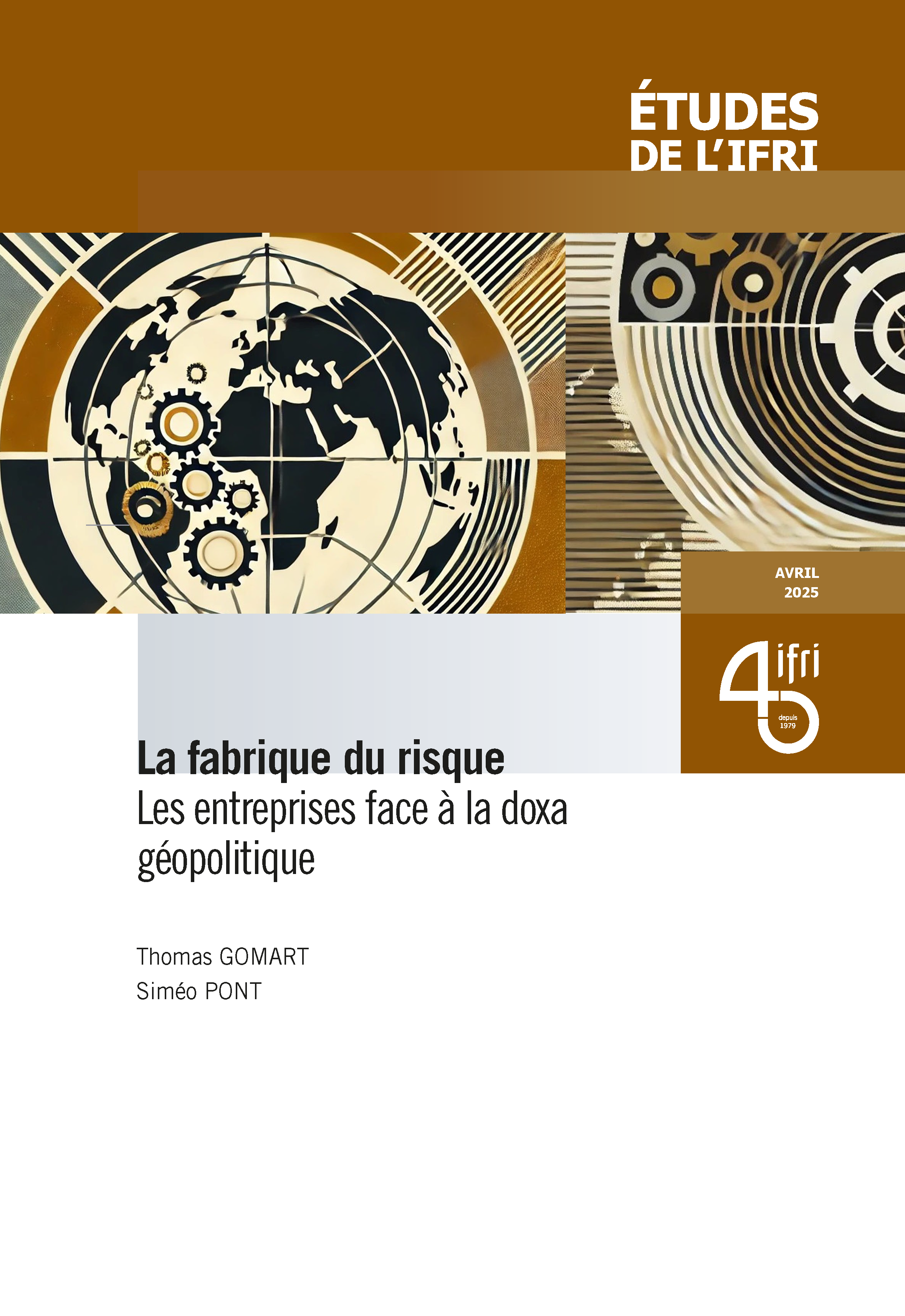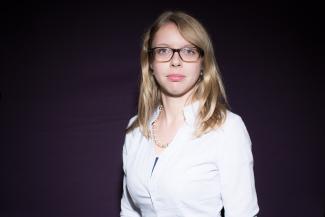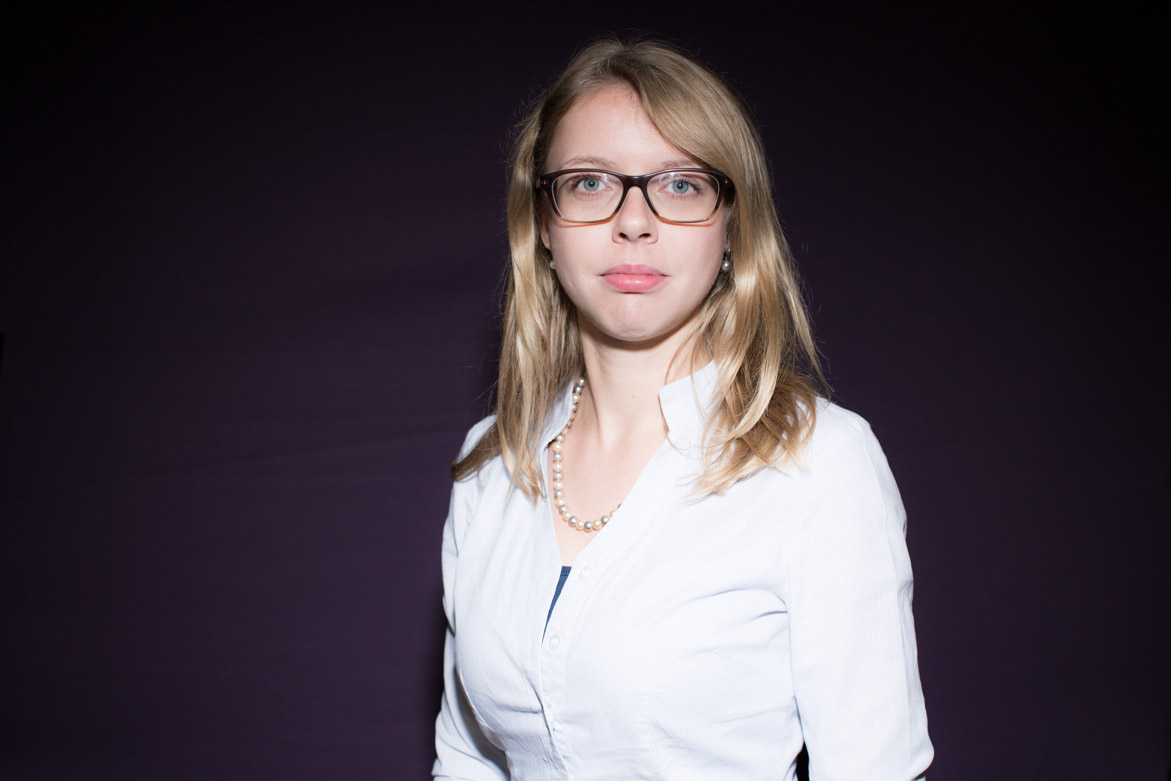Transitional Justice in Tunisia

Legal review as a means of coming to terms with the past should be an essential aid to the Tunisian democratic process, but it has, alas, so far often been a stumbling block.
Coming to terms with the past has the task of breaking the shackles of the past and making the repetition of history impossible by means of review and information. Its instruments include the prohibition of guilty organizations, the punishment or disqualification of perpetrators and accomplices, and the rehabilitation and compensation of victims. The young democracy of Tunisia soon resolved to make use of these instruments for consolidating a democratic political system. But the initiation of the Compensation Act and the introduction of a lustration process have taken such detours that they sometimes seem to have landed in a dead end.
http://blog.goethe.de/humanities/archives/34-Transitional-Justice-in-Tunisia.html
With the project Scholars in Residence, taking the processes of transformation as point of departure, the Goethe-Institut seeks to promote intercultural dialogue in the area of academic research and to strengthen scientific relations between Germany and the Arabic world on a long-term basis.
Scholars in Residence is part of the German-Egyptian and German-Tunisian transformation partnership 2012-2013. The project is an initiative by the Goethe-Institut and being carried out in cooperation with the Institute for Advanced Studies in the Humanities (KWI) and the Ruhr University Bochum"s Centre of Mediterranean Studies (ZMS). Funded with special grants provided by the German Federal Foreign Office.

Contenu disponible en :
Régions et thématiques
Utilisation
Comment citer cette publicationPartager
Centres et programmes liés
Découvrez nos autres centres et programmes de rechercheEn savoir plus
Découvrir toutes nos analysesPerspectives françaises et allemandes face aux défis géopolitiques dans le contexte de l’agression russe contre l’Ukraine
Les politiques étrangères, de défense et de sécurité de la France et l’Allemagne évoluent dans un contexte très tendu, marqué par le retour de conflits à haute intensité. Impensable au lendemain de la chute du Mur de Berlin qui symbolise la fin du conflit Est-Ouest, la guerre est aujourd’hui de retour en Europe, alors que les espaces terrestres et maritimes qui entourent le continent européen, de l’Arctique à l’Afrique en passant par le Moyen-Orient, sont devenus des théâtres de rivalité géopolitique, de guerres civiles et de conflits aussi bien hybrides que militaires.
La brigade franco-allemande et la relance de la défense européenne
Une chose est claire depuis le retour de Donald Trump à la Maison-Blanche : le projet d’unification européenne est menacé dans son existence même. À moins d’élaborer une politique de défense souveraine pour parer à la guerre en Ukraine et à l’affaiblissement des garanties de sécurité américaines, l’Union européenne verra se poursuivre l’érosion de sa dynamique de cohésion interne et de son attractivité externe.
Friedrich Merz et la Zeitenwende 2.0. Une « nouvelle ère » pour les relations transatlantiques ?
Le 23 février 2025, près de 60 millions d’électeurs ont été appelés à élire un nouveau Bundestag. Ces élections donneront également naissance à un nouveau gouvernement dans la première économie d’Europe.
Après les élections : l’Allemagne en quête d’une stabilité ébranlée ?
Avec 82,5 % de participation, l’Allemagne a enregistré un taux de mobilisation inédit depuis 1987, une hausse de 6,1 points par rapport à 2021. Comme en 2021, cette forte participation a profité à l’Alternative pour l’Allemagne (AfD), qui a su mobiliser un grand nombre d’anciens abstentionnistes.













